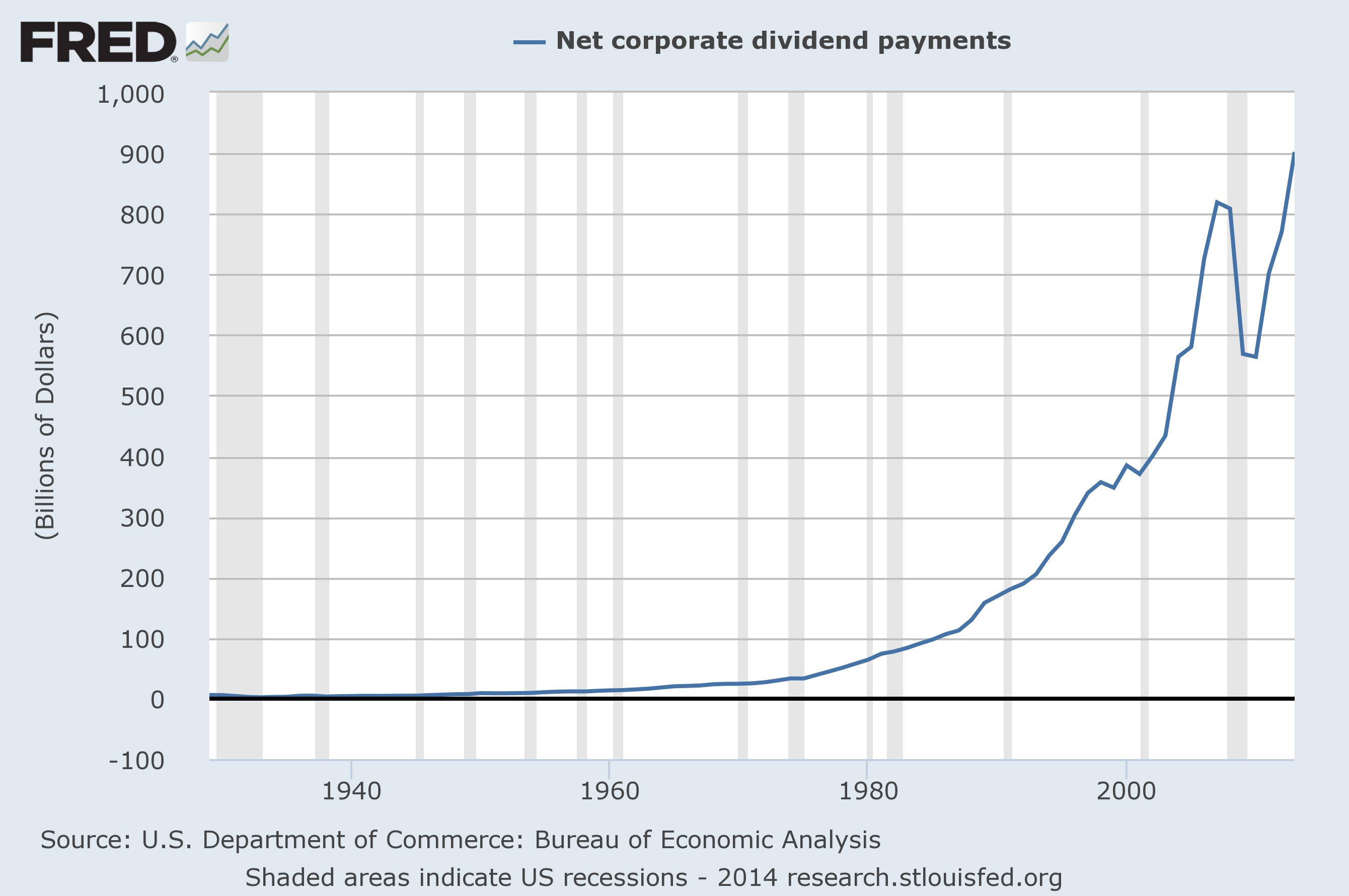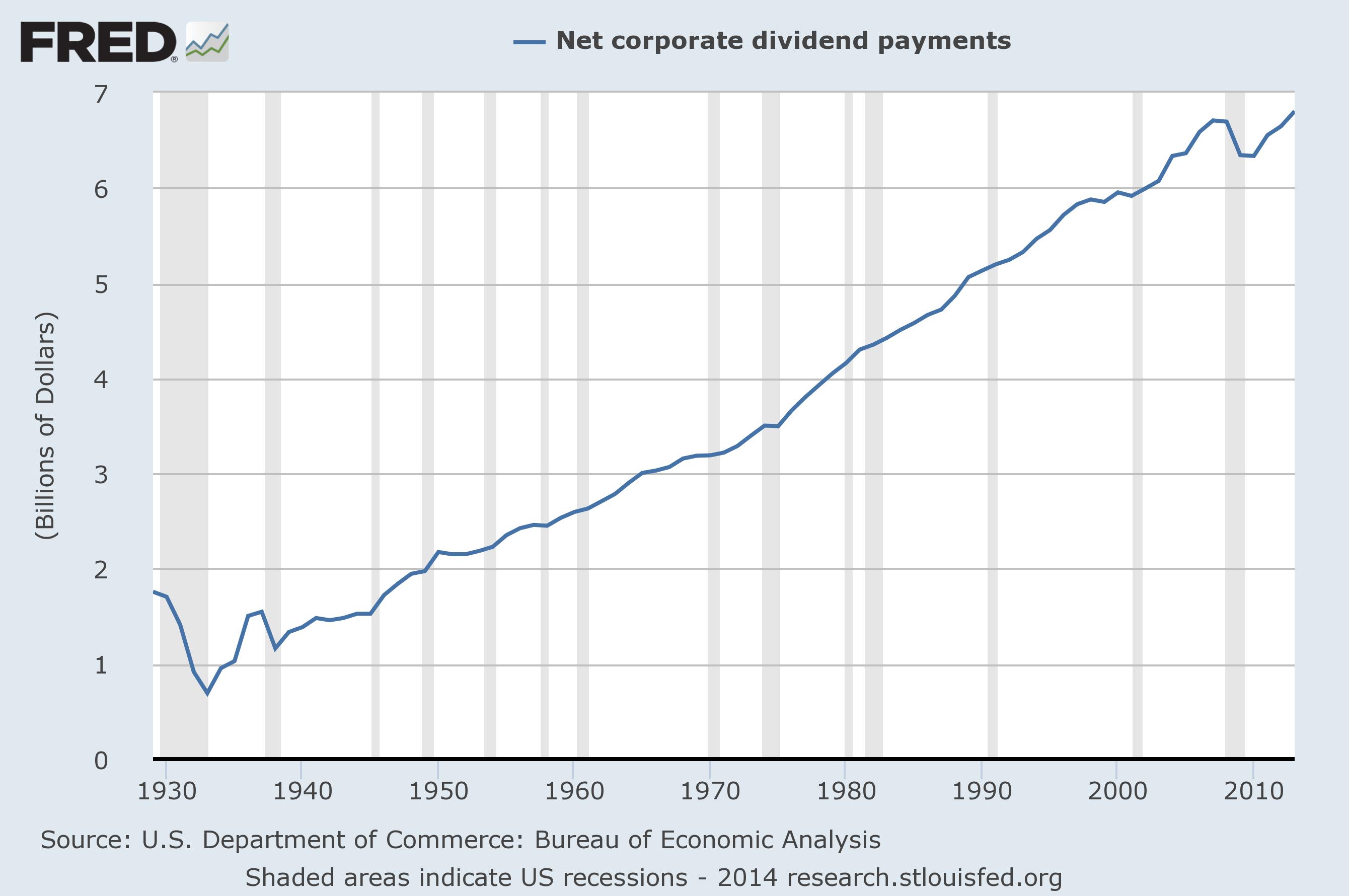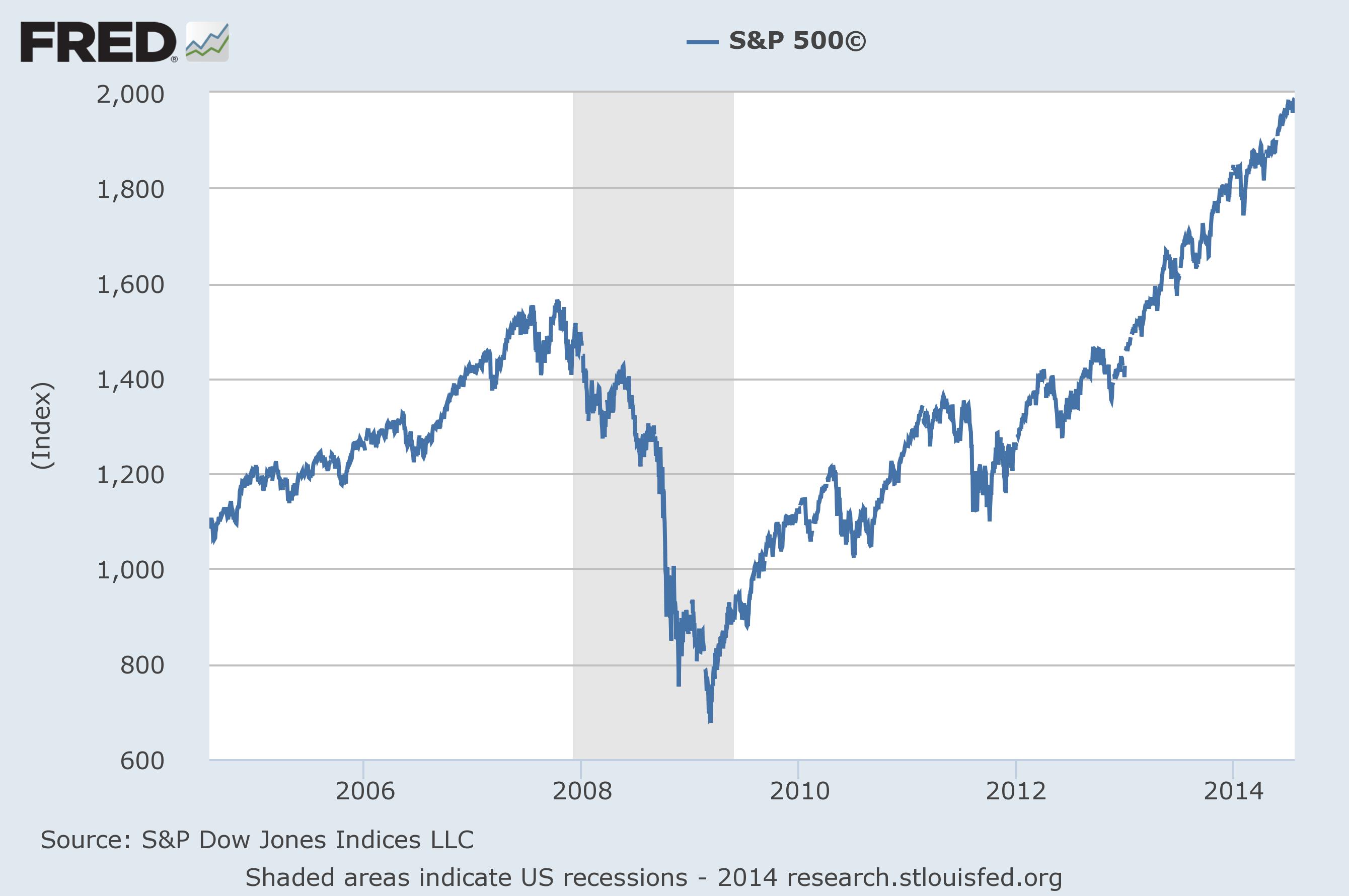I'm a 19 year old college student looking at some potential long-term investments, but am first reading as many books as I can, since this sector isn't the field I study.
I am reading a book and a section of it refers to investing for an income, which is referring to the dividend payout each quarter. I am wondering who actually invests their money only in companies that actually pay out a guaranteed return (through dividends) and how important that really is for long-term investors. I see that the % yield is usually low and it doesn't really seem like a huge return on an investment with the low capital of a college student.
For example, Microsoft is valued ~$44. If I take $6,000 I get about 136 shares, but their dividend is $0.28 per share annually. That's only ~$38 annually with my shares, which doesn't seem like something really worth factoring into my investment. Can someone help me understand differently?
EDIT: I realize dividend rates are not guaranteed and can indeed fluctuate, but am comparing to larger-cap companies that have a likelihood of guaranteed & static dividend rates.



